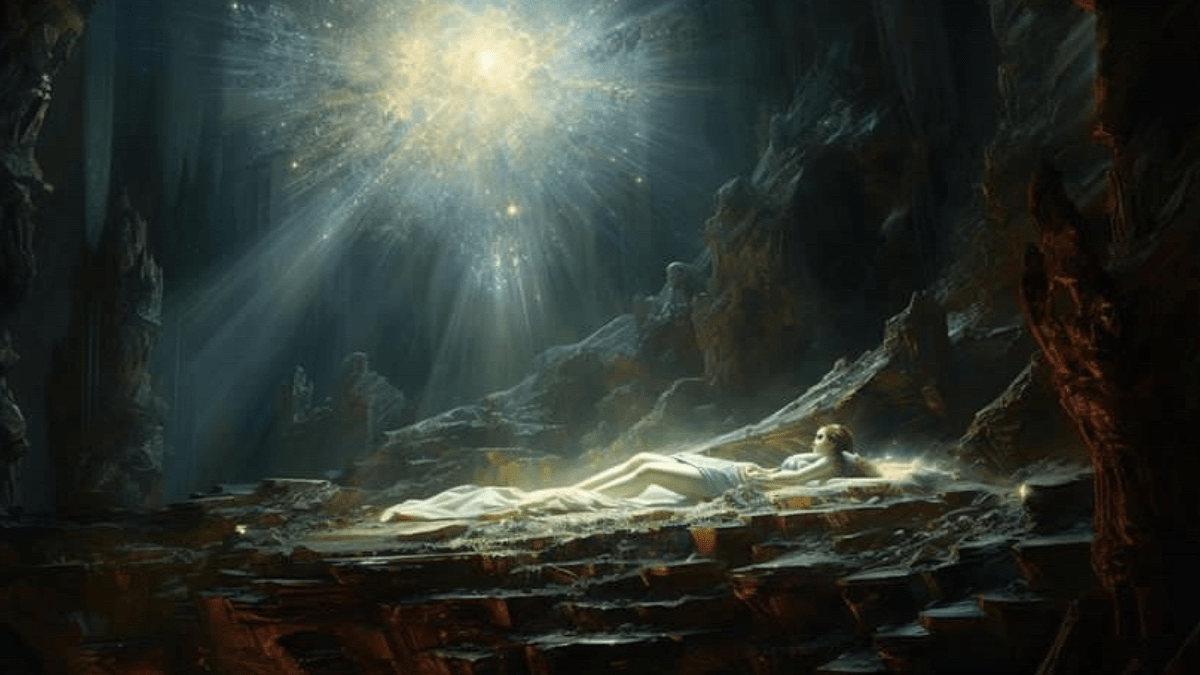In the conception of Eros, there is no such thing as sin. There is only evolved behavior and unevolved behavior.
The tumescent mind wants pain to end now, and will employ short-term and ineffective means toward that end. Eros is steeped in the eternal and is far more interested in effective methods than vindication. If vindication or punishment worked sustainably, Eros would be happy to employ them. It is simply that in the long term, these methods not only fail to curb the behavior; they most often increase it.
However, the tumescent mind has short-term memory. It does not pay attention to the compounding of damage that punishment brings. The basic premise of Eros is that in an entirely practical way, when rooted in the evolutionary impulse, people are always looking to access the higher-order states of consciousness: love, joy, belonging, purpose, freedom. This impulse has nothing to do with background or how good or bad a person is. It is built into the very structure of being human.

We tend to believe that people who live in these states are “good people.” However, it’s not that there is anything innately special about these people; they are simply practical. They enjoy these states of being and thus are deeply incentivized to remain inside of them, tending toward choices that secure their position in these states, and away from choices that risk it.
Thus, people who have a fair amount of familiarity with these states are predisposed to self-regulate, and they do it because it’s more enjoyable—not because it’s externally defined as morally superior or good.
Three things are then necessary to access higher-order states of consciousness. A person must first have a sense of where they want to get to, like an internal compass. Then they develop a working knowledge of skillful means for accessing these states—a map. And finally, they need the fuel to get there, which is the power to carry out that knowledge.
The issue then has absolutely nothing to do with labels of sin or evil or external prerogatives of good or bad—as much as the collective ego would like to reduce it to such, lock the “bad” away, and throw away the key.
It robs us of the smug hit we get when we can summarily reduce and dismiss the “bad”—a hit that is a sad substitute for the long-term effect of seeing someone grow into their greatness.

To truly begin to shift the way we see people in terms of good and bad, we would need to understand there are no bad people, only people with inaccurate maps for how to get to the higher states of being that would have them self-correct and contribute back to the whole.
Therefore, the absolute very last thing they need is punishment. Punishing people for being in pain while slapping them with a label of “sinful” is insanity, yet we do it every day.
We do not recognize that when we are able to act on the beneficial and not act on the harmful, it is only by the grace of power. We discount the role power plays in the equation, believing our inherent goodness is what prevailed. We do not ask why we are able to do this and another person is not, or why we are able to do it this time and not the last time.
If we truly wanted a world without sin, we would replace programs that punish (including where we punish ourselves) with programs that bring about power. Self-knowledge is power, and anyone who has true self-knowledge and power joins a class of people who are beneficial for the world.
This is not because they fear getting in trouble—which at best creates a person who only follows rules—but because they understand it’s the path to getting what they most desire.
These words are how we excuse ourselves from what would be required to evolve—not eradicate—those behaviors. We have the choice: We can separate ourselves and fracture the interconnection between all of us, or build connections that heal.